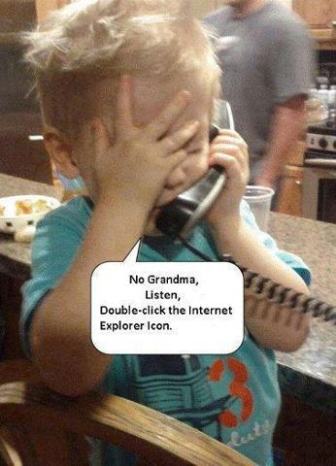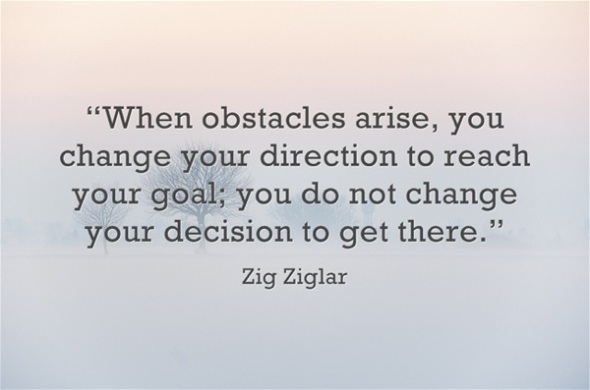Five Things We Need To Know About Technological Change
“What will a new technology do? “Is no more important than the question, “What will a new technology undo?” Indeed, the latter question is more important, precisely because it is asked so infrequently.
The above statement is from one of the readings available through ICT3100. It is Five Things We Need to Know About Technological Change. It is a talk delivered in Denver Colarado by Neil Postman on March 28th, 1998.
Are we in our quest for “smart children” and “leaders in worldwide education” taking away from our children the ability to play, problem solve, network and negotiate? By making our lives more enriched, easier and savvy, are we taking away from them the fundamental tools to growing? Look I too am guilty of it. I’m a busy working mum. I use technologies to entertain the children. I secretly love the fact that my 4 year old can navigate an Ipad, and uses words such as download. I think it is great that my children are exposed to learning opportunities that are the forefront of education. Where they are learning to the best standards in the modern world…. But like the reading suggests, at what cost? What is this undoing?
David Jones in his blog discusses Postman’s 5 things we need to know about technological change and he refers to number two as “There are always winners and losers in a technological change.” This describes the point wonderfully. THERE ARE ALWAYS WINNERS AND LOSERS. To win something we have to loose something: almost as though we trade off!
Are children missing opportunities for social interaction where peers teach them? As a group leader in early childhood I too often witness the child who walks over to the other child’s building and kicks it over. Is this because they are destructive or is it because the children have lost the ability to say “Hey I like your game can I play?” is it because XBOX has taught them that the way to engage with others is through destruction. I find for the first time in my 20-year career I have to teach children to play and how to engage with others, yet children are getting smarter. So I find myself sitting here reflecting on the above statement even though I do love technology and what it can offer; “What will new technology undo?”
A fellow blogger and student Scouting and Schooling has raised some interesting questions in their blog entitled Using ICT’s in my teaching.” Would behaviour management in classes be less of an issue if more technology was used? Would student attendance increase if students knew that they would be using current technologies to complete their school work?” Would these ideas as well come with undoings? By using the technology in class would the behaviour problems disappear because students stop learning how to socialise in person with one another? Again we are faced with such wonderful outcomes with the use of technology, but what will it undo? What will we loose for this gain?
I’d love to hear others thoughts on this.





